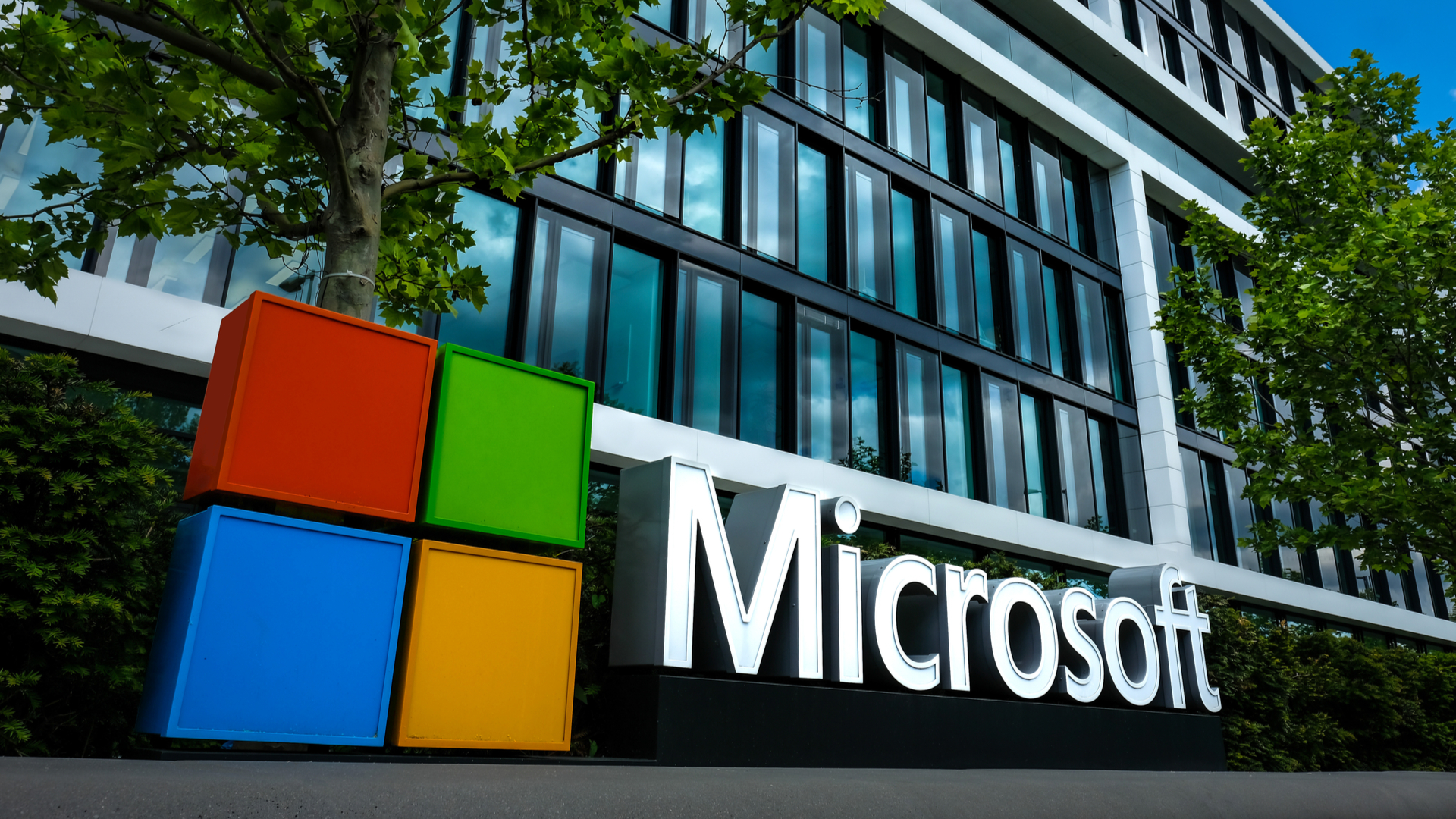Microsoft expands Azure for Operators with hybrid cloud platform
Microsoft mixes AT&T network cloud into its telco platform at MWC 2022

Microsoft’s push into the telecoms sector has been strengthened at Mobile Worlrd Congress 2022 (MWC) with the launch of several new services that expand its ‘Azure for Operators’ cloud proposition
The most revolutionary of 5G applications – such as Industry 4.0, virtual reality and some AI workloads that rely on real time data - will require ultra-low latency that is simply impossible to achieve using a traditional cloud structure and a centralised data centre.
The shift to cloud-native networks will also make networks more scalable and cost-effective, allowing operators to rapidly roll out new services and reduce costs.
Microsoft Azure for Operators
Like many major IT firms, Microsoft sees the mobile industry’s adoption of cloud and edge technologies in the 5G era as a huge opportunity and has optimised many of its cloud technologies to support this transition.
It describes Azure for Operators as an open, interoperable ecosystem of technologies that allows operators to virtualised workloads in the cloud to create more advances, scalable, and cost-efficient network infrastructure that can realise the full potential of 5G.
Headlining the announcements is ‘Azure Operated Distributed Services’, a hybrid cloud platform that incorporates the AT&T’s ‘Network Cloud’ technology that Microsoft acquired last year. AT&T started developing Network Cloud back in 2013 because it did not believe there was a commercially available carrier-grade cloud platform that could supports its ambition of powering 75% of its network with virtualised technology by 2020.
Microsoft will make Network Cloud available to any operator who wants it, combining it with Azure capabilities such as security, analytics, AI, and machine learning so operator customers can move all workloads onto a single cloud platform.
Sign up to the TechRadar Pro newsletter to get all the top news, opinion, features and guidance your business needs to succeed!
The company has also announced a private preview of Azure Operator 5G core and a public preview of the Azure 5G Private 5G core, helping operators create core layers that can support the most revolutionary of 5G applications.
Meanwhile, Microsoft is building on the launch of Azure Private MEC last June with the release of Azure public MEC so operators can process data closer to the point of collection, reducing latency and enabling new categories of application that diversify revenues.
Microsoft has partnerships with many leading operators and traditional telecoms equipment manufacturers but it is not the only IT giant seeking a larger share of the telco market. The shift towards openness and cloud-native infrastructure has caused growing convergence between the telecoms and IT industries, with heavyweights like Dell, Google, HPE, IBM, and Oracle all taking a keen interest.
- If you want to embrace the future that this tech will enable, then its time to look at the best 5G phone deals
Steve McCaskill is TechRadar Pro's resident mobile industry expert, covering all aspects of the UK and global news, from operators to service providers and everything in between. He is a former editor of Silicon UK and journalist with over a decade's experience in the technology industry, writing about technology, in particular, telecoms, mobile and sports tech, sports, video games and media.